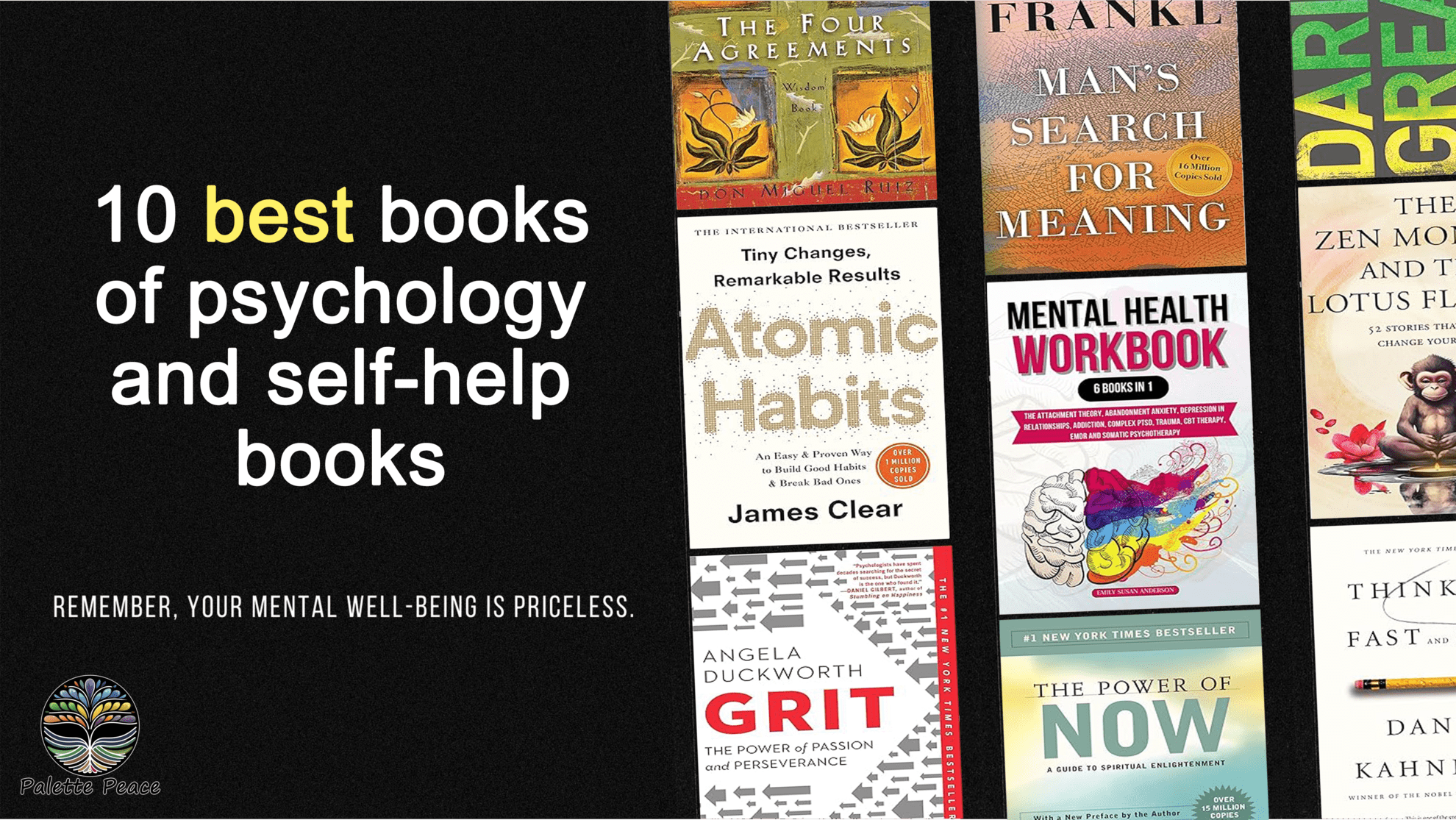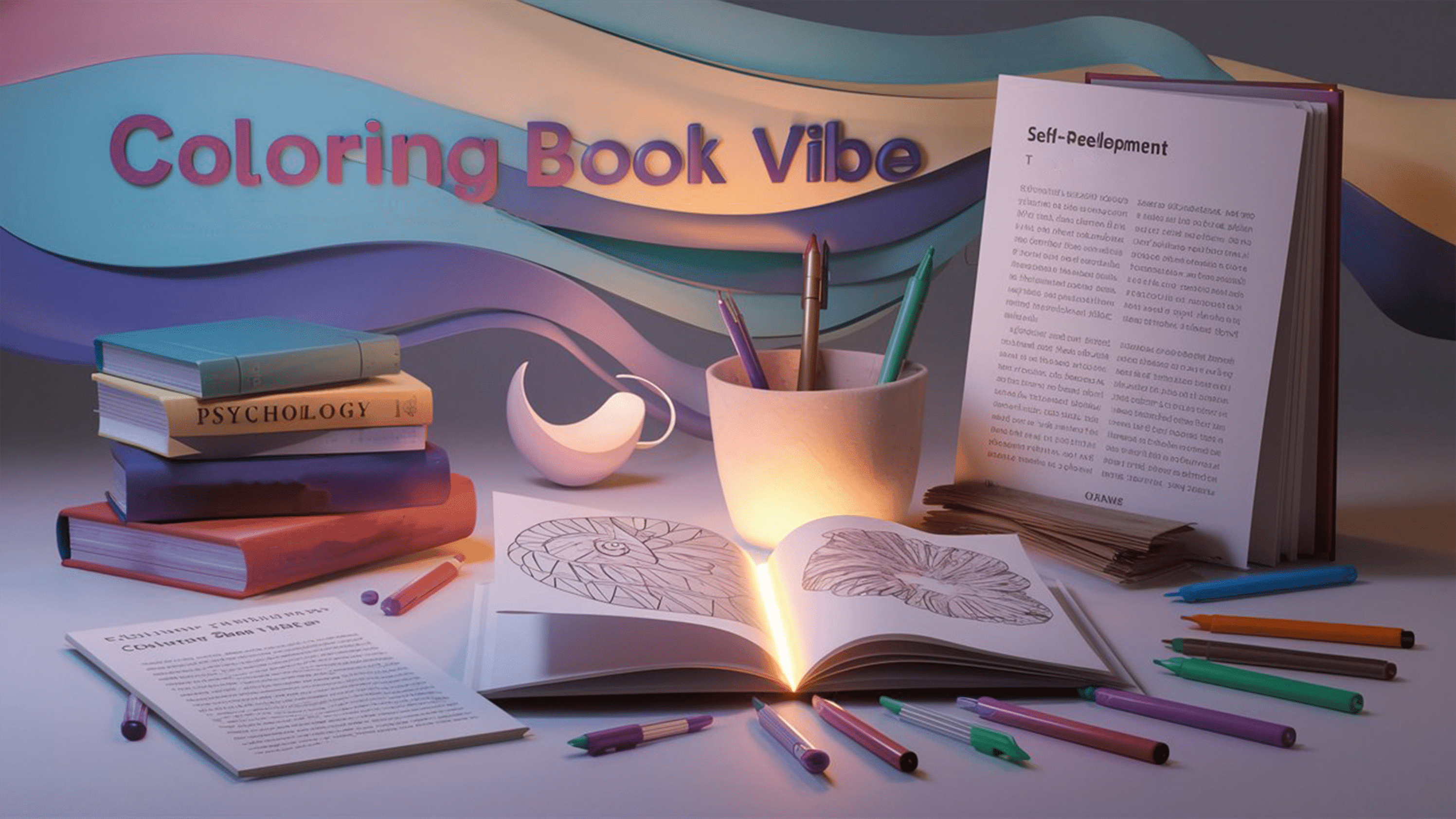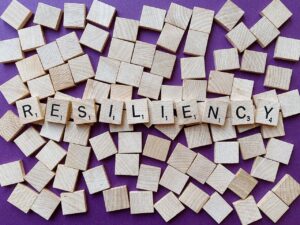Worrying about what others think of us is something most people struggle with at some point in their lives. Whether it’s a fear of judgment, rejection, or criticism, the constant concern over others’ opinions can drain our emotional energy, erode our self-esteem, and prevent us from living authentically. However, when we cultivate self-acceptance, we learn to let go of the need for external validation and free ourselves from the weight of others’ expectations.
In this article, we will dive deep into how self-acceptance plays a pivotal role in reducing worry about others’ opinions, explore why we care so much about what others think, and share actionable steps to embrace self-acceptance and reclaim inner peace.
Why Do We Care So Much About Others’ Opinions?
Humans are social beings, and our brains are wired to seek approval and connection with others. For most of human history, belonging to a social group was essential for survival. In modern times, while the threat of isolation no longer has life-or-death consequences, the emotional need to belong remains deeply ingrained.
Here are some of the reasons we worry about others’ opinions:
- Fear of Rejection: Many people fear rejection or criticism because it can feel like a personal failure or flaw. The idea of not being accepted can lead to anxiety and insecurity.
- Validation and Self-Worth: Some people measure their worth by external validation. They believe that if others think highly of them, they must be worthy, but if others disapprove, they feel inadequate.
- Perfectionism: Perfectionists often strive for approval and acceptance from others. They may fear that making mistakes or showing vulnerability will lead to harsh judgment.
- Social Media and Comparison: The digital age has intensified the pressure to present a perfect image to others, especially on social media. The constant comparison to others can heighten anxiety and self-doubt.
How Self-Acceptance Helps Break the Cycle
Self-acceptance is the process of embracing who you are, flaws and all. It means letting go of the need for perfection and recognizing your inherent worth. When you practice self-acceptance, the need for external validation diminishes, and you begin to place more value on your own opinion of yourself than on the opinions of others. Here’s how self-acceptance helps you stop worrying about what others think:
1. Understanding That You Are Enough
Self-acceptance allows you to recognize that you are enough as you are, without needing to change to fit someone else’s expectations. When you believe in your own worth, you stop seeking approval from others to feel validated.
- Shifting Your Focus: Instead of worrying about what others think, focus on how you feel about yourself. Ask yourself whether you’re living according to your values and what makes you feel fulfilled, rather than striving to meet external expectations.
2. Embracing Your Authentic Self
When you accept yourself, you feel more comfortable being your authentic self. Authenticity means being true to who you are, regardless of how others may perceive you. The fear of judgment diminishes when you realize that it’s more important to be true to yourself than to try to please everyone else.
- Letting Go of Masks: Many people wear “masks” to fit into social situations or meet others’ expectations. Self-acceptance helps you let go of those masks and be your genuine self in all areas of your life.
3. Reducing the Power of Criticism
Self-acceptance reduces the emotional impact of criticism. Instead of taking criticism personally, you can view it as feedback that may or may not be useful. When you are secure in who you are, the opinions of others hold less weight, and you can respond to criticism with confidence.
- Learning from Feedback: Criticism can still be helpful, but when you accept yourself, you’re able to separate constructive feedback from negative opinions rooted in others’ biases. This allows you to grow without feeling diminished by the judgments of others.
4. Building Emotional Independence
Self-acceptance fosters emotional independence, which means that your self-esteem isn’t dependent on others’ approval. You develop a stronger sense of self, and your happiness and confidence come from within rather than from external sources.
- Creating Boundaries: Emotional independence also allows you to set boundaries with others. You no longer feel obligated to meet everyone’s expectations or live up to societal pressures, which frees you from the burden of constant worry about others’ opinions.
5. Accepting Imperfection
Perfectionism is often linked to the fear of judgment. People who strive for perfection often do so to avoid criticism or disapproval. However, self-acceptance teaches you that it’s okay to be imperfect and make mistakes. It’s part of the human experience, and it doesn’t define your worth.
- Overcoming Fear of Failure: When you accept yourself, you become more willing to take risks and step out of your comfort zone, even if there’s a chance of failure or criticism. You realize that making mistakes is a natural part of growth, and it doesn’t mean you’re any less valuable.
Steps to Let Go of Worrying About Others’ Opinions
Now that we’ve established how self-acceptance plays a role in letting go of others’ opinions, here are some actionable steps to help you cultivate self-acceptance and free yourself from the worry of what others think.
1. Practice Self-Compassion
One of the most important aspects of self-acceptance is self-compassion. This means treating yourself with the same kindness and understanding that you would offer a friend. When you make a mistake or feel self-doubt creeping in, practice self-compassion by reminding yourself that you’re only human.
- Positive Affirmations: Use positive affirmations to remind yourself of your worth. For example, you can say, “I am enough just as I am,” or “I value my own opinion above others’ judgment.”
2. Limit Social Comparisons
Constantly comparing yourself to others, especially on social media, is one of the biggest triggers for worrying about others’ opinions. Try to limit the amount of time you spend on social media and focus on your own journey instead of comparing yourself to others.
- Gratitude Practice: Cultivate gratitude for the things you have in your life, rather than focusing on what others have. This shift in mindset can help reduce feelings of inadequacy and competition.
3. Build Self-Awareness
Self-awareness is the foundation of self-acceptance. Take time to reflect on your thoughts, emotions, and behaviors. Journaling can be a helpful tool to understand your thought patterns and identify any fears or insecurities that are causing you to worry about others’ opinions.
- Mindfulness Practices: Mindfulness meditation can also help you become more aware of your thoughts without judgment. This can create distance between you and the need for external validation.
4. Surround Yourself with Supportive People
While it’s important to reduce your reliance on others’ opinions, it’s also helpful to surround yourself with people who support and encourage you. Positive relationships can reinforce your sense of self-worth and help you feel more confident in being your authentic self.
- Set Boundaries with Toxic Relationships: If there are people in your life who constantly criticize or judge you, consider setting boundaries or distancing yourself from those relationships. You deserve to be surrounded by people who accept you for who you are.
5. Take Small Risks to Challenge Your Fears
One of the best ways to stop worrying about others’ opinions is to take small risks that challenge your fears of judgment. Start by stepping out of your comfort zone in low-risk situations, such as expressing an unpopular opinion or wearing something that makes you feel confident but might draw attention.
- Building Resilience: As you take these small steps, you’ll build resilience and realize that others’ opinions don’t have as much power over you as you might have thought.
The Freedom of Letting Go
When you stop worrying about what others think, you experience a profound sense of freedom. Self-acceptance empowers you to live authentically, pursue your passions, and make decisions based on your values rather than external pressures. As a result, you find more joy, peace, and fulfillment in your life.
By cultivating self-acceptance, you’re not only letting go of the need for external validation but also embracing the freedom to be yourself. And when you accept yourself, everything else in life tends to fall into place. You become more confident, resilient, and emotionally independent, allowing you to live a life that is true to who you are.
In conclusion, learning to let go of others’ opinions is an essential part of achieving self-acceptance and inner peace. While it’s natural to care about what others think to some degree, allowing it to dominate your thoughts and actions can prevent you from living authentically. By practicing self-compassion, reducing social comparisons, and building emotional independence, you can break free from the worry of others’ opinions and embrace the freedom that comes with self-acceptance.

10 best books of psychology and self-help books
If you’re looking to dive into the world of psychology and self-help, these 10 books are essential reads for anyone interested in understanding the mind and improving their life. These books offer a combination of scientific insight and practical advice to help you better understand yourself and others, while also offering tools for personal growth and mental well-being.

The Therapeutic Power of Coloring: How Art Relieves Stress and Anxiety
Coloring has evolved from a childhood pastime into a therapeutic tool used by adults to combat stress and anxiety. The simplicity of this activity hides its profound benefits on mental health. From promoting mindfulness to stimulating creativity, coloring has emerged as an accessible and effective method for stress relief. In this article, we’ll explore how coloring provides a break from daily stressors, its effects on brain function, and how it can be incorporated into your routine as a method of coping with anxiety.
Let your imagination run free, Immerse yourself in a world of colors and beauty. Remember, your mental well-being is priceless.
Team coloringbookvibe.com

Coloring Book Vibe is a dedicated publisher of captivating coloring books, along with instructional books on drawing and coloring techniques. We are deeply passionate about the art of coloring, ensuring our designs are always intricate, beautiful, unique, and often infused with a touch of humor. We highly value our customers and always welcome feedback and suggestions. Our collection features an incredible array of coloring books across various genres, including Fantasy, Animals, Mandalas, Doodle Patterns, Floral, Landscapes, Country Scenes, and more.



